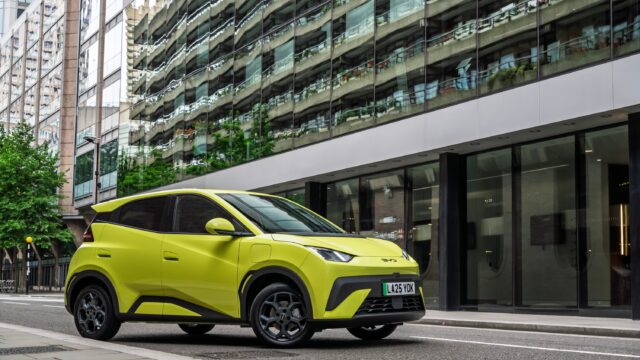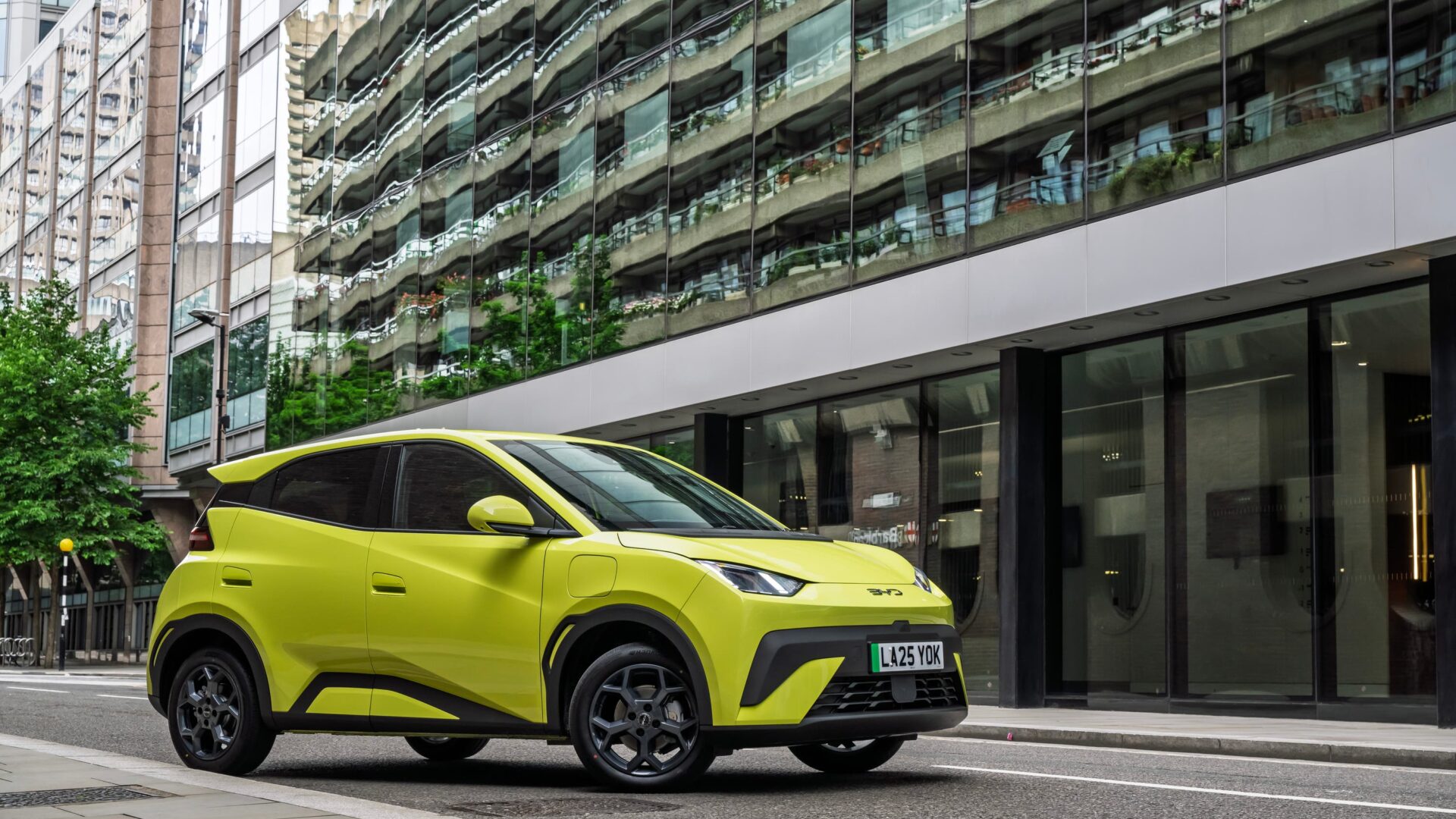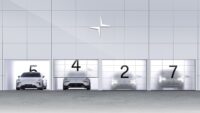Chinese car maker BYD will delay mass production at its new electric vehicle factory in Hungary until 2026 and will run the plant at below capacity for at least the first two years, according to reports from news agency Reuters.
Instead, the company will ramp up production at its new plant in Turkey, where labour costs are lower, and will vastly exceed its announced production plans, Reuters reported.
Shifting production away from Hungary in favour of Turkey would also be a setback for the European Union, which has been hoping that its tariffs on EVs made in China would bring in Chinese investments and well-paid manufacturing jobs.
BYD’s four-billion Euro (£3.64 billion) plant in Szeged, in southern Hungary, is scheduled to start mass production in 2026, but will now only make tens of thousands of vehicles over a full year, the sources said – well below the plant’s initial 150,000 capacity, which is due to increase to 300,000 cars when the plant is fully on-stream.
Meanwhile, the automaker’s new plant in Turkey, which had been slated to start production at the end of 2026 with an annual capacity of 150,000 cars, will reportedly make more cars than the Hungarian plant next year, with the Manisa facility in western Turkey set to far exceed 150,000 cars in 2027.
BYD is building the plant in Hungary to sell cars in Europe tariff-free, as all the cars it currently sells in Europe are made in China and are subject to EU anti-subsidy tariffs on Chinese-made EV imports on top of the standard 10 per cent duty. In BYD’s case, the total tariff is 27 per cent.
Under right-wing Prime Minister Viktor Orban, Hungary has become a critical trade and investment partner for China.
S&P Global Mobility has estimated that BYD will sell 186,000 vehicles in Europe this year, up from 83,000 units in 2024, and expects sales to double again to just under 400,000 units by 2029.
































